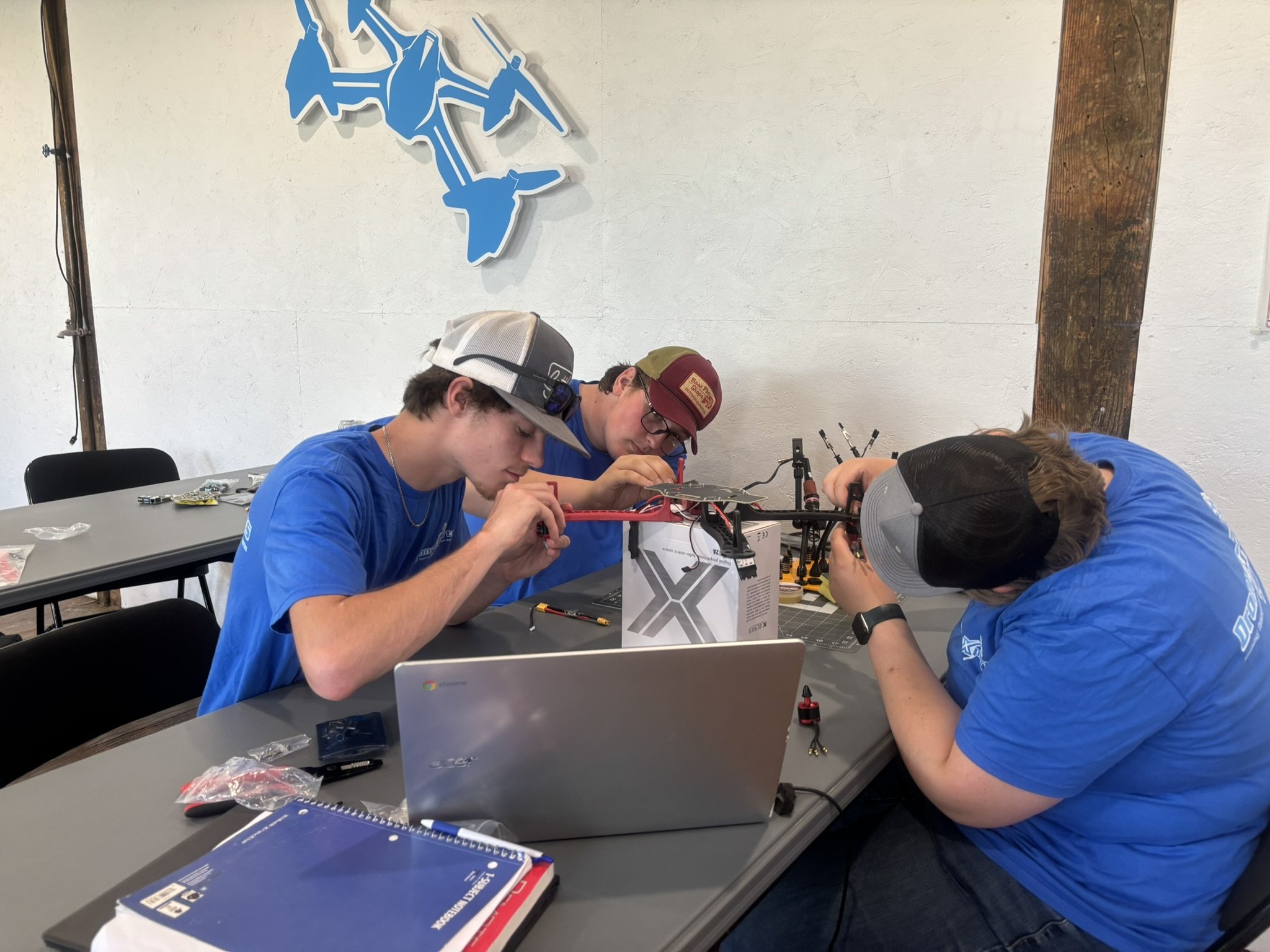
Drone Assembly, Operation, & Programming Classes in Elkader, IA.
Drone Mastery: A Hands-On Learning Experience Course
Welcome to the exciting world of drones, where technology and innovation meet and meet with creativity. This experiential learning is designed to take you from being a novice to being an expert drone enthusiast. You will be mentored by industry experts as you progress through a process of building, flying, and programming drones. Whether you are a hobbyist, professional, or merely interested in what drones can do, this course provides you with an end-to-end understanding of drone technology.
Building Your First Drone: Understanding the Basics
The learning journey begins with the basics of building a drone. You will learn about the various components that make up a drone, including the frame, motors, propellers, and electronic systems. Our expert trainers will guide you through building your first drone step by step to understand the mechanism and engineering involved in it.
Programming Drones: Tapping Their Full Potential
Drones are not just machines that fly; they are programmable devices with the ability to do advanced tasks. This specific course brings you into the world of programming drones, and you will learn to write code that governs drone behavior. You will learn about waypoint navigation, flight paths programmed into the drone, and sensor integration. By the time you finish this section, you'll be able to program drones to accomplish some tasks on their own, and a universe of innovation and application will open up as possibilities.
Learning from Industry Leaders: Insights and Inspiration
Throughout this course, you'll have the opportunity to learn from industry veterans who are passionate about drones and what they can do. They will share their experience, knowledge, and recommendations with you, providing you with a greater sense of the industry and its future. Their recommendations will motivate you to think about new concepts and push the boundaries of what can be done with drones.
Launching Your Drone Journey
You've finished this hands-on learning experience, and now you're ready with the skills and knowledge to begin your drone journey. Whether you will design advanced drones, gain flying expertise, or develop innovative uses, you've gotten started with this course. Grasp the opportunities, continue learning, and join the dynamic drone technology world.
*All course materials and assignments will be delivered and managed through Google Classroom, the learning management system (LMS) used for both online and face-to-face formats.
